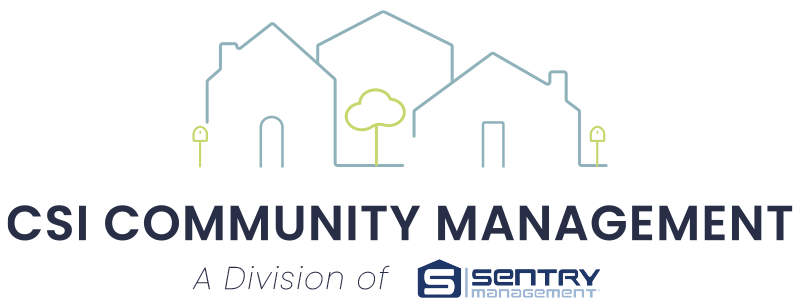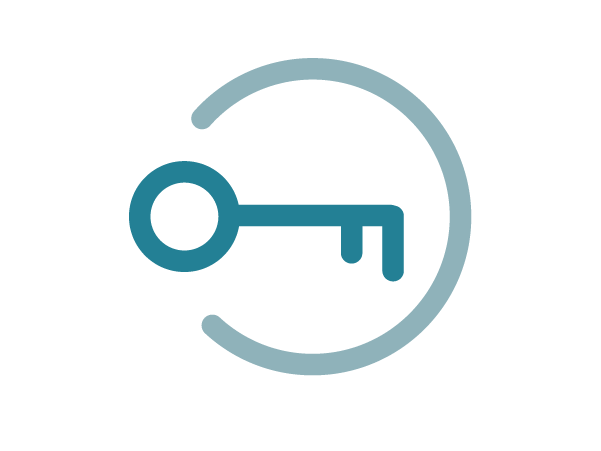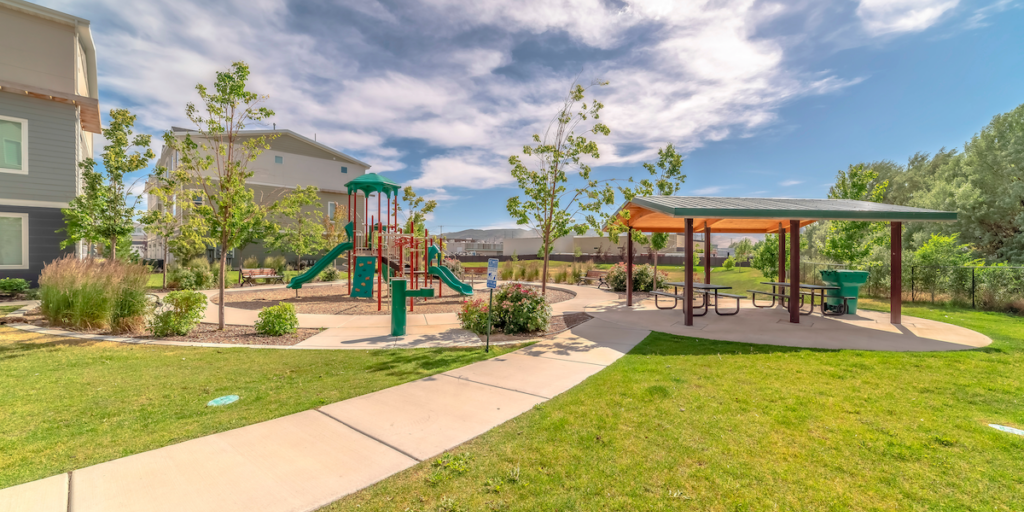It is summer, but Board budget season is right around the corner.
Have you thought about any large-scale assessments that may need to be added? Not sure what that means? Check out our blog here on why you may need a reserve study, which typically helps identify large-scale assessments.
But, essentially, it’s as the name sounds; we’re looking at the big stuff that may need additional funds for maintenance and repair over the course of the next year, or a savings plan.
Some examples of large-scale projects:
- Siding of buildings
- Pools
- Monuments
- Water features
- Common areas
VENDORS AND PROJECTS – IT’S NOT ALWAYS APPLES TO APPLES
Inflation. That’s a word every Board member should have on their mind. Connect with your Community Manager and get the conversation going now – it’s not always apples to apples when it comes to prioritizing and pricing budget items.
Our experienced maintenance team and VIVE vetting process help ensure vendors are qualified, experienced, and experts in their field, but even when using your vetted vendors, material costs and service pricing may have changed from last year.
According to the HOA Management Group, “Vendor services are a big part of your annual HOA budget. For this reason, it’s best to assess your contracts and send out requests for proposals ahead of time. This will help you allocate funds with better accuracy.
Make sure you’re getting the best deal and don’t be afraid to negotiate with your current or new vendors. The first estimate doesn’t have to be accepted if you think changes should be made.”
DON’T GO INTO THE UNKNOWN
Budgeting is hard. There, we said it.
Some of the things that make it hard are the unknowns. How can you plan for something when you don’t know if it will change?
You need to create a buffer for increases that you have no control of; examples of potential increases that may change after your budget has been approved:
- Utilities – these often don’t come out until the first few months of each calendar year
- Gas prices
- Cost of maintenance-related services
- Insurance increases
- Increase in delinquency balances in your community
- Changes in condition of or adding new amenities
CSI recommends a 2-3% annual increase to allow for more flexibility and a buffer – adjusting your budget to account for inflation and increased costs for vendors and services is a must to avoid going into a budget deficit.
WHAT SHOULD BE ON YOUR BUDGET RADAR NOW?
All dues increases are due to CSI Accounting by October 20.
After that, the final budget is approved by the Board and sent to the association members.
Schedule: A Budget Ratification meeting if needed.
(What is a budget ratification meeting?: A meeting of the owners of the association to review the proposed budget that has been adopted by the Board. Read more on our blog here.)
Note: When the budget includes assessments increases, large capital projects, or other financial issues, the Board may want to add an item to the agenda such as “open discussion on the draft budget” or convene a separate town hall-style meeting specifically for this discussion.
Remember: At the regular Board meeting two months before the new fiscal year begins, allow additional time for the Board to comment on the proposed budget. As always, we’re here to help. If you have any questions start with your Community Manager.











